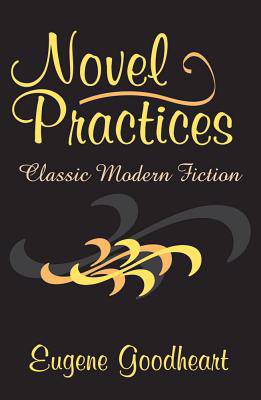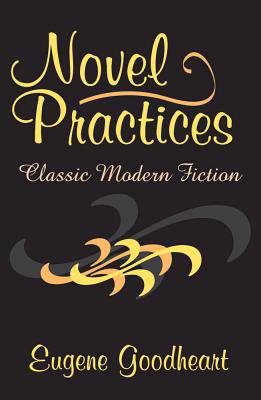
- Retrait gratuit dans votre magasin Club
- 7.000.000 titres dans notre catalogue
- Payer en toute sécurité
- Toujours un magasin près de chez vous
- Retrait gratuit dans votre magasin Club
- 7.000.0000 titres dans notre catalogue
- Payer en toute sécurité
- Toujours un magasin près de chez vous
121,95 €
+ 243 points
Format
Description
An important debate in modern literary criticism concerns the exact relationship between the ancient epic and the novel. Both the epic and the most ambitious modern novels are large-scale attempts to present a comprehensive view of the world through the experience of a representative hero. However, in the older tradition the hero stood for the aspirations and highest ideals of his society. The protagonist of the modern novel is usually at odds with that society, whether as exile, active rebel, or antagonistic critic. In Novel Practices, the distinguished literary scholar Eugene Goodheart surveys a representative selection of modern novelists tracing how the epic impulse has been reshaped under the conditions of modernity.Goodheart describes how George Eliot and James Joyce's comprehensive artistic creation enabled them to demonstrate a mastery of the world unattainable to their thwarted, flawed, or feckless heroes and heroines. Works such as Middlemarch and Ulysses, encyclopedic in their inclusiveness, share an ambitious scope that is virtually synonymous with epic. Goodheart shows that even in shorter works, such as James's The Beast in the Jungle and Ford Maddox Ford's The Good Soldier, the standard of the epic hero acts as an ironic subtext. A chapter on Thomas Mann provides a European perspective, enacting conflict between self and society through a dramatized contest of ideas. Goodheart explores ambiguities of point of view as characteristic of modern uncertainty: how much authority or reliability should the reader concede to the narrator? What is the relationship between the narrator and the author? These and related questions are addressed in chapters on Lawrence, James, Bellow, Woolf, and Roth, which also deal with the place of literary biography in understanding fiction.Goodheart's approach centers on fiction, and although he takes cognizance of the critical theory of the past several decades, he nevertheless emphasizes the centrality of the author and authorial intention. Novel Practices will be essential reading for students of literature, culture, and intellectual history.
Spécifications
Parties prenantes
- Auteur(s) :
- Editeur:
Contenu
- Nombre de pages :
- 234
- Langue:
- Anglais
Caractéristiques
- EAN:
- 9780765802088
- Date de parution :
- 31-10-03
- Format:
- Livre relié
- Format numérique:
- Genaaid
- Dimensions :
- 152 mm x 229 mm
- Poids :
- 497 g

Les avis
Nous publions uniquement les avis qui respectent les conditions requises. Consultez nos conditions pour les avis.






